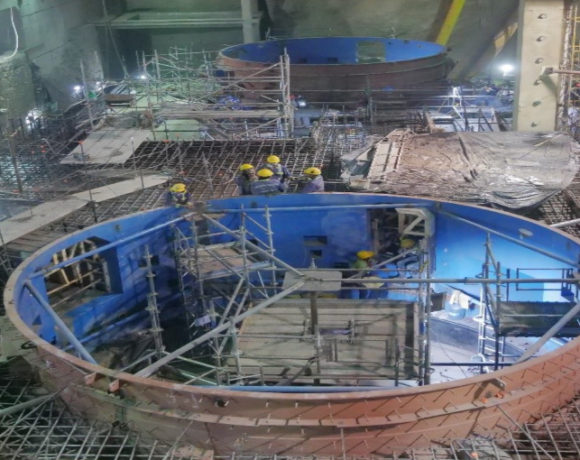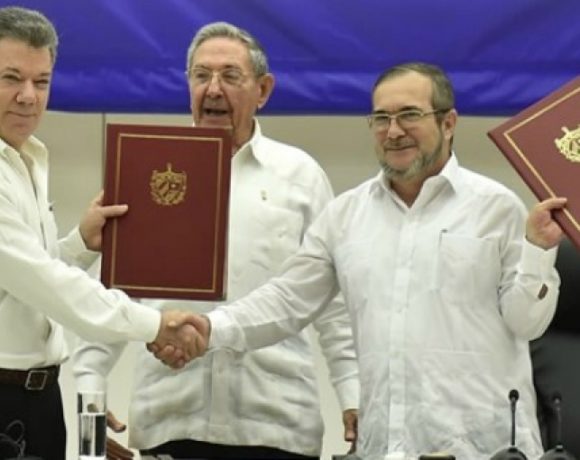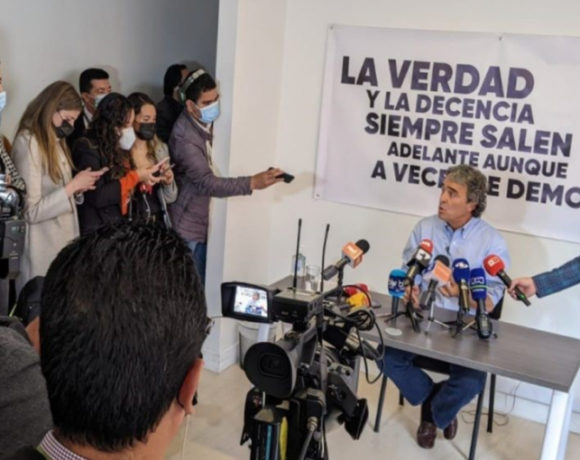Colombia Government, FARC Ink Final ‘Peace’ Deal

The Colombian government and leaders of the Fuerzas Armadas Revolucionarias de Colombia (FARC) announced August 24 that they finalized a “peace” deal that supposedly would put an end to more than 50 years of a war – a war that began with Soviet Union backing but gradually evolved into narco-terrorist war against Latin America’s oldest democracy.
The new “peace” deal (see link here) faces a “yes” or “no” vote in a “plebiscite” scheduled for October 2, which only requires 13.5% of registered voters to approve it.
Recent polls show mixed feelings among the Colombian populace on the “peace” deal — although the vast majority of Colombians are sick-and-tired of war.
Political parties backing Colombian President Juan Manuel Santos claim that a “no” vote in the plebiscite would mean a return to war. But critics (led by former president Alvaro Uribe) contend that the “peace” deal’s widespread impunity for FARC crimes inevitably will lead to more retaliatory violence.
In contrast to a disarmament deal negotiated more than 10 years ago by former President Uribe’s government with so-called “paramilitary” groups – a deal that included paramilitary leaders’ extradition to the United States and at least eight-years’ prison sentences – the FARC “peace” deal doesn’t require any jail time for FARC’s heinous crimes.
Under the “peace” deal, the FARC would be guaranteed five seats in the Colombian Senate and five seats in the Colombian House of Representatives in the 2018 and 2022 national elections – even if they fail to win a majority of votes for those seats.
The deal also requires the Colombian government to give-away 3 million hectares of land to supposedly landless peasants. Ironically, large areas of Colombia – including lands stolen by FARC guerrillas from legitimate ranchers and farmers — already have been turned into coca plantations and cocaine farms that supply FARC’s massive international cocaine trafficking.
Also under the “peace” deal, thousands of FARC soldiers would be given amnesty — and also would receive at least two years of Colombian government welfare payments once they turn-over their weapons to a United Nations-supervised demobilization force.
Under the deal, those FARC members that fail to confess their roles in the tens of thousands of murders, kidnappings, extorsions and forcible displacement of millions of Colombians over the last 50 years potentially could face jail sentences — if witnesses terrorized by FARC violence come forward to testify.
But for those FARC members that confess crimes, an “alternative” justice scheme would enable these criminals to escape jail — and instead perform some vaguely-defined social work.
Also under the deal, the FARC supposedly would be obligated to pay reparations to their millions of victims. Yet FARC leadership have publicly stated that their group has almost no money – in contrast to the billions of dollars that some experts have estimated that the FARC is hiding in secret foreign bank accounts.
The bizarre text of the peace deal – coming on the heels of decades of FARC terrorist violence, child kidnappings, and murders of mainly poor, rural people – is filled with Orwellian language implying that the FARC’s war was about helping the poor and fighting discrimination against women, minority groups, lesbians and gays.
But as most Colombians have known for decades, the principal victims of FARC’s war have been Colombia’s rural poor – the exact opposite of what FARC has claimed. Polls consistently show that more than 98% of Colombians despise the FARC and their totalitarian aims.
















